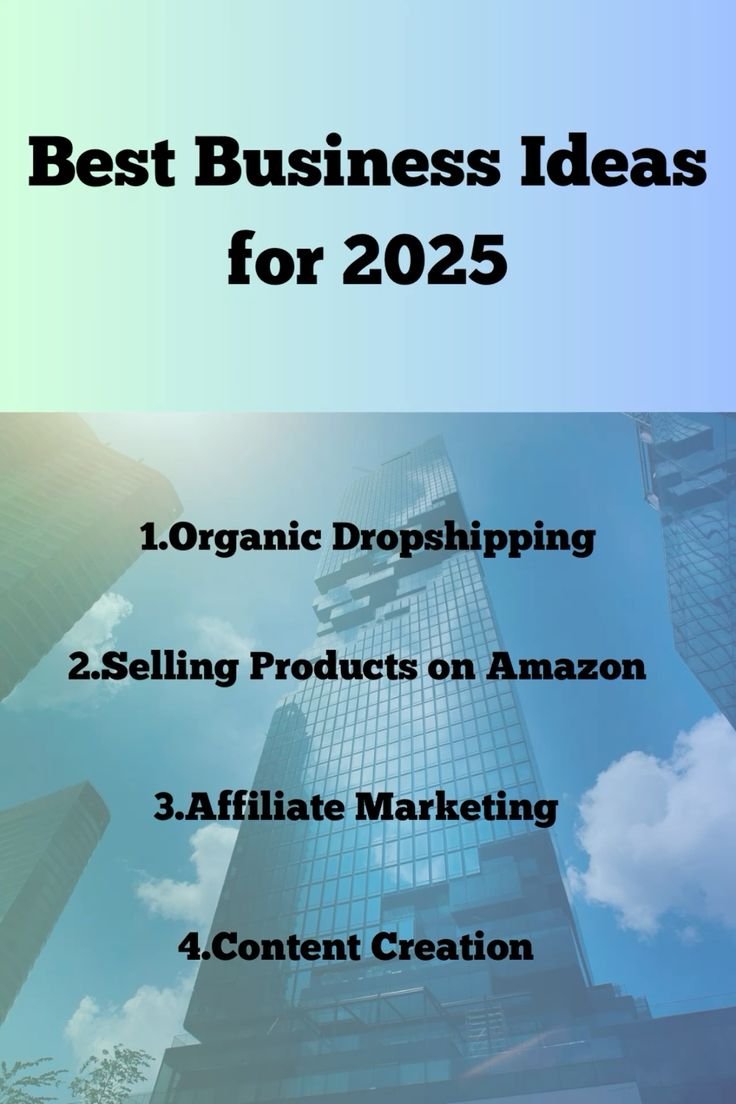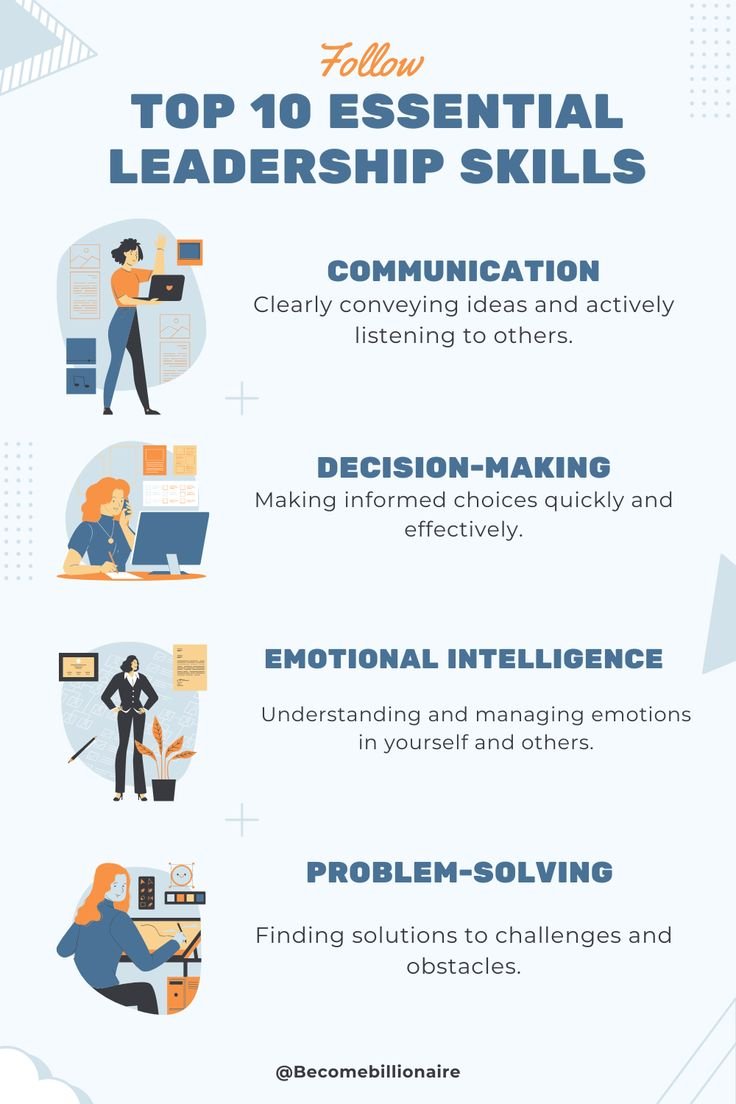As we step into 2025, businesses face an increasingly complex and fast-moving landscape. Technological advancements, shifting market demands, and evolving consumer expectations are reshaping how companies operate and deliver value. To remain competitive, businesses must embrace innovative solutions that not only address current challenges but also position them for future growth. In this article, we’ll explore the most impactful business trends and innovations that are set to dominate in 2025, offering you the tools and insights needed to stay ahead in the market.
1. AI and Machine Learning for Smarter Decision-Making
Artificial Intelligence (AI) and machine learning (ML) are no longer just buzzwords—they are fundamental to how businesses operate and make decisions. In 2025, companies are leveraging AI and ML to streamline operations, personalize customer experiences, and improve decision-making processes.
- Key Developments: AI-powered chatbots and virtual assistants are now commonplace in customer service, providing real-time support and reducing costs. In addition, machine learning algorithms are being used to analyze customer data, predict trends, and recommend products, enabling businesses to make data-driven decisions more effectively.
- Why It Matters: AI and ML can automate time-consuming tasks, enhance predictive analytics, and improve operational efficiency. By utilizing these technologies, businesses can deliver better customer experiences, make informed strategic decisions, and stay agile in a competitive market.
2. Blockchain for Transparency and Security
Blockchain technology is emerging as a powerful tool for improving security, transparency, and trust in business transactions. In 2025, blockchain’s decentralized ledger system will continue to be applied beyond cryptocurrencies, revolutionizing sectors like finance, supply chain management, and contract enforcement.
- Key Developments: Blockchain is being used to create secure, transparent records of transactions, which are essential for industries like finance, healthcare, and supply chains. Smart contracts, which automatically execute agreements when conditions are met, are streamlining processes and reducing the need for intermediaries.
- Why It Matters: Blockchain enhances trust between parties by providing immutable records of transactions. It reduces fraud, increases operational transparency, and improves efficiency by eliminating manual processes and middlemen.
3. Remote Work and Hybrid Solutions
Remote work has rapidly become the norm, and by 2025, hybrid work models are expected to remain the standard for most businesses. The continued integration of remote and in-office work requires innovative solutions to maintain productivity, communication, and collaboration across teams.
- Key Developments: Cloud-based platforms such as Zoom, Microsoft Teams, and Slack are improving collaboration for remote teams. In addition, advanced project management tools like Asana, Monday.com, and Trello are enabling teams to stay organized and track progress seamlessly, regardless of location.
- Why It Matters: Remote work and hybrid models offer flexibility and cost savings for businesses while also allowing employees to maintain work-life balance. Embracing innovative collaboration tools will ensure that businesses can maintain high productivity levels and stay competitive in the evolving work environment.
4. Sustainability and Green Innovation
Sustainability has become a key focus for businesses looking to attract eco-conscious consumers and investors. In 2025, businesses will continue to innovate in creating environmentally friendly products, reducing waste, and improving energy efficiency across their operations.
- Key Developments: Companies are adopting circular economy principles, reducing waste through recycling and reusing materials. Green energy solutions, such as solar and wind power, are becoming more accessible, and businesses are exploring ways to reduce their carbon footprints through sustainable sourcing and production practices.
- Why It Matters: Sustainability is no longer optional; it’s a critical business driver. Consumers and investors are increasingly holding companies accountable for their environmental impact, and businesses that prioritize green innovation will gain a competitive edge in the marketplace.
5. Customer-Centric Personalization
Customer experience is a key differentiator in 2025, and businesses are turning to advanced technologies to deliver highly personalized experiences that resonate with their audience. Personalized marketing, customer service, and product recommendations are now powered by AI and big data.
- Key Developments: Businesses are using AI and data analytics to create personalized recommendations, targeted advertising, and customized experiences for individual customers. Companies are also adopting CRM (customer relationship management) systems that track interactions, preferences, and behaviors to tailor communications and improve engagement.
- Why It Matters: Customers expect personalized, seamless experiences that align with their individual needs and preferences. By utilizing data and AI to personalize interactions, businesses can enhance customer satisfaction, loyalty, and lifetime value.
6. Cybersecurity and Data Privacy
As digital transformation accelerates, so does the need for robust cybersecurity and data privacy measures. In 2025, protecting customer and company data from cyber threats will be a top priority for businesses across all industries.
- Key Developments: With the rise of remote work, businesses are investing in secure cloud-based solutions, multi-factor authentication (MFA), and advanced encryption methods to safeguard sensitive data. Regulatory frameworks such as GDPR and CCPA are also pushing businesses to adopt stricter data privacy practices.
- Why It Matters: Data breaches and cyberattacks can result in significant financial and reputational damage. Strengthening cybersecurity measures not only protects sensitive information but also builds trust with customers and ensures compliance with data protection regulations.
7. Subscription-Based Business Models
Subscription-based business models have surged in popularity, especially in sectors such as entertainment, software, and e-commerce. In 2025, businesses will continue to explore ways to monetize their products and services through recurring revenue streams.
- Key Developments: From Netflix to Adobe, subscription models are being adopted by businesses across various industries. In addition to offering software subscriptions, companies are now offering subscription boxes for everything from food to beauty products, allowing customers to receive curated items on a regular basis.
- Why It Matters: Subscription-based models provide businesses with a steady, predictable stream of income, which is essential for long-term financial stability. Additionally, these models foster customer loyalty, as they create ongoing relationships between businesses and their customers.
8. Advanced Marketing Automation
Marketing automation tools are enabling businesses to manage and optimize their marketing efforts at scale. In 2025, marketing automation will continue to evolve, with AI and machine learning playing a larger role in optimizing campaigns and predicting customer behavior.
- Key Developments: Platforms like HubSpot, Marketo, and Salesforce are integrating AI to enhance customer segmentation, personalize email campaigns, and optimize lead generation efforts. Businesses are also using automation to run real-time ad campaigns across multiple platforms and analyze performance data in real-time.
- Why It Matters: Marketing automation helps businesses increase efficiency, reduce manual work, and improve targeting accuracy. With AI-driven insights, businesses can optimize campaigns for higher conversions and maximize their return on investment (ROI).
9. Smart Supply Chain Management
Supply chain disruptions have been a major issue for businesses, particularly during the pandemic. In 2025, businesses are turning to innovative solutions to make their supply chains smarter, more resilient, and efficient.
- Key Developments: Technologies such as IoT (Internet of Things), AI, and blockchain are transforming supply chain management. IoT sensors allow real-time tracking of goods, while AI helps businesses predict demand, manage inventory, and optimize routes. Blockchain ensures transparency and security in transactions.
- Why It Matters: A smart, efficient supply chain reduces operational costs, minimizes delays, and enhances customer satisfaction. By adopting these technologies, businesses can mitigate risks and respond more effectively to market demands and disruptions.
10. AI-Driven Business Intelligence (BI)
Business intelligence (BI) has evolved, with AI playing a critical role in providing actionable insights. In 2025, AI-driven BI solutions will become increasingly valuable for businesses looking to analyze vast amounts of data and make informed decisions.
- Key Developments: AI-powered BI platforms like Tableau and Power BI are integrating advanced analytics, machine learning models, and natural language processing to provide deeper insights and predictive analytics. Businesses can now gain a more comprehensive understanding of market trends, customer preferences, and operational efficiencies.
- Why It Matters: AI-driven BI enables businesses to make faster, more accurate decisions based on real-time data. By using these insights, companies can improve their competitive positioning, identify new opportunities, and optimize internal processes for better performance.
Conclusion
The future of business is defined by innovation, adaptability, and smart solutions. In 2025, businesses that leverage AI, blockchain, sustainability initiatives, and customer-centric strategies will be better positioned to stay competitive and achieve long-term success. Embracing these trends will not only help businesses adapt to the changing market but will also unlock new opportunities for growth, efficiency, and profitability. By staying ahead of these innovations, businesses can secure their place at the forefront of their industries and create lasting value for their customers.







